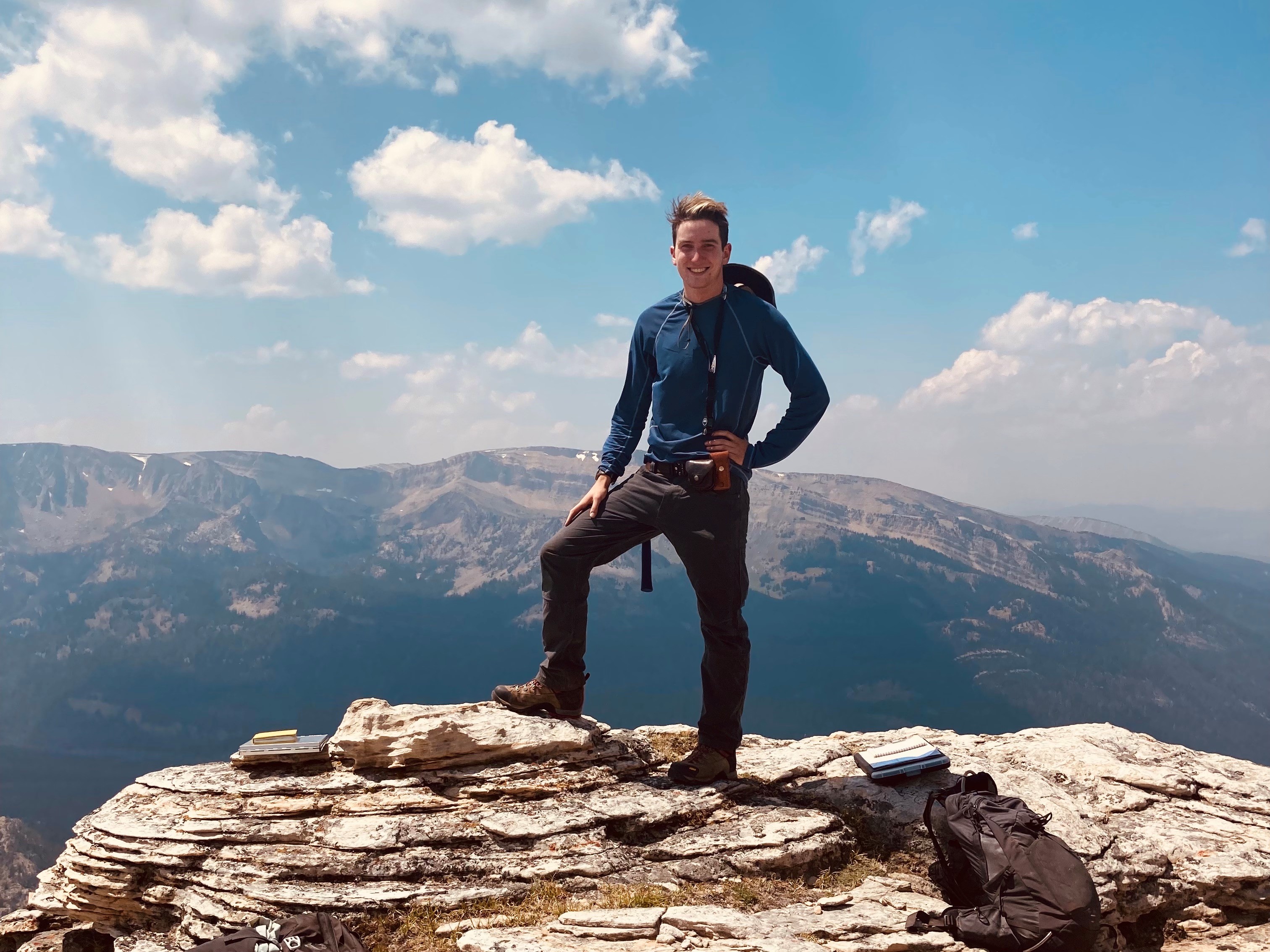David Cantillo, PTYS Undergraduate Minor
There are 25 undergraduate students pursuing their minor program of study in Planetary Sciences. These students have varied major home departments, including Astronomy, Engineering, Chemistry, and Geosciences. We're proud to profile one of our undergraduate minor students in this semester's newsletter.
 David Cantillo
David CantilloPlanetary science has always been appealing to me because it connects my research interests in astronomy with a more hands-on, geological perspective. When I heard that the University of Arizona was offering planetary sciences as a minor, it was an easy choice my freshman year of college.
What has been your favorite Planetary Sciences class and why?
They've all been great, though the most influential was certainly the comets class (PTYS 4/595B, Observational Campaigns, Professor Walt Harris) that I took my first semester. I quickly learned that comets can be extremely dynamic and complex bodies, and the class was a wonderful introduction to graduate students I'm still in touch with now. The trip up to the 61" telescope on Mt. Bigelow is also something I'll always remember!
What are your future goals?
I would love to earn a doctoral degree and work in small bodies, space situational awareness, and/or astrobiology research.
Are you working on any current research projects?
Most recently, I was working on a project with Dr. Vishnu Reddy where we made a laboratory regolith mixture that matched the surface composition of the large metallic asteroid 16 Psyche. Finding Psyche's surface composition was an extremely rewarding project and I was excited to help contribute to the field with my first lead-author paper. Now, I'm working on a similar project where I'm looking at 16 Psyche in the visible range of light with groundbased telescopes at Biosphere II. From this, we hope to better constrain the nature of hydration on its surface.
Tell us about yourself.
In high school, I was really into astrophotography and would travel around Maryland to find the best spots without light pollution. This is largely what led me to study planetary sciences in the first place. Now, I've been focused on music throughout college. I've played guitar and bass in local bands for the past four years, and I'm the singer and lead songwriter for my current band, Daytrails. We played a show at this year's Art of Planetary Science and released our first single the same day.
I have my research advisor, Dr. Vishnu Reddy, to thank for helping me navigate the world of planetary science and college itself. He cares a lot about his students and I can't thank him enough for helping me get where I am today. Throughout the pandemic, he's been extremely compassionate and a great mentor.

